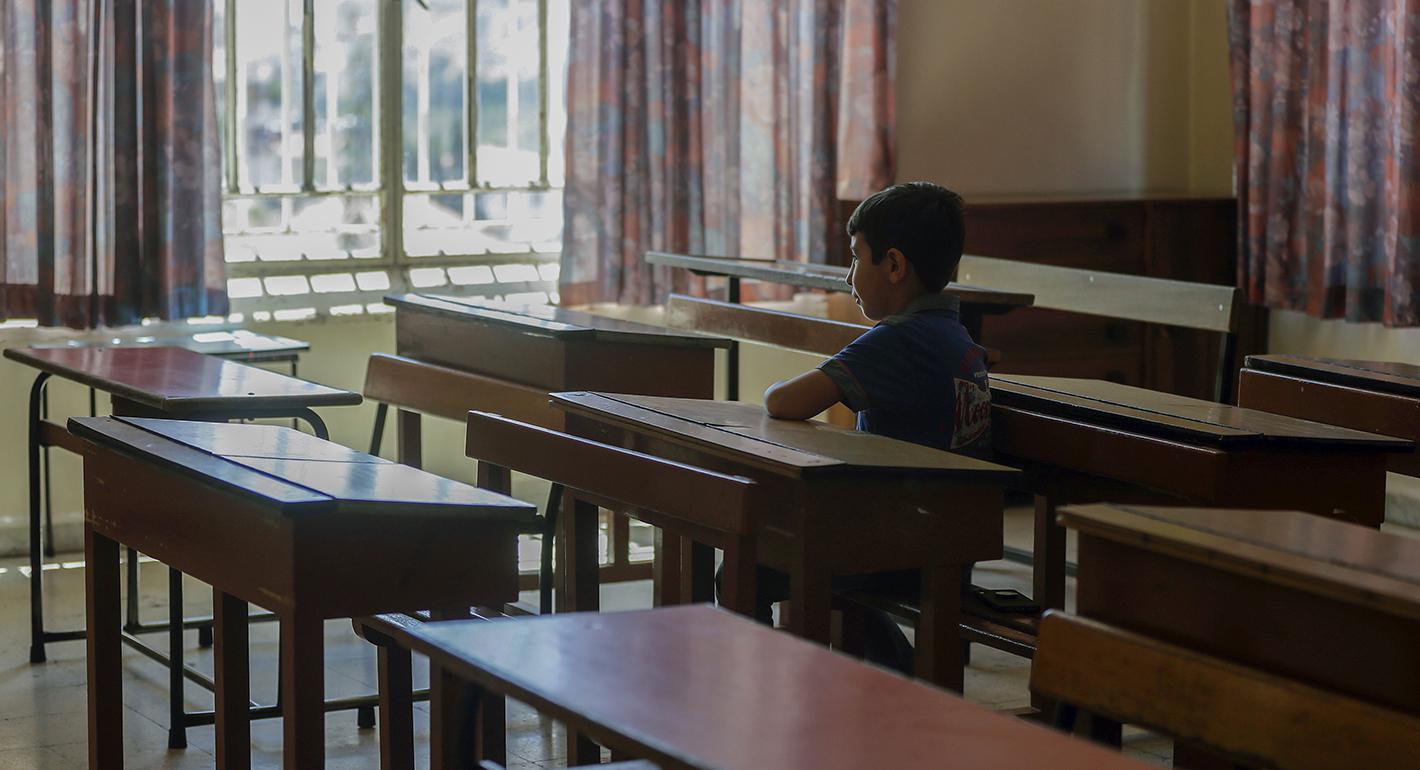1 to 10 of about 216

Climate change in the Middle East will amplify preexisting vulnerabilities stemming from conflict, displacement, marginalization, and corruption, while also creating new risks. Governments in the region will need to adopt more inclusive reforms as part of their climate adaptation strategies.

Join Carnegie’s Frederic Wehrey as he sits down with Lisa Anderson, Bessma Momani, Michael Robbins, and Sultan Alamer to discuss the current and looming challenges facing the MENA region.
Yezid Sayigh discusses how much support King Hussein had among Jordanians for the crackdown against Palestinian militants.

In recent days, Jordan has led the way in Arab countries’ rapprochement with Syria. But Amman’s experience shows that, without regional coordination, bilateral normalization can win only limited concessions.

Across the Arab world, different education reform initiatives have had varying levels of success in different contexts. This paper explores some types of education reform that could serve as groundwork for broader change.
The combination of political and economic problems that Jordan faces today is without precedent, and the worn tools used to overcome these problems in the past are now inadequate.
That Jordan teeters on the edge of crisis is a cliché decades old. Yet the combination of political and economic problems the country faces today is without precedent, and the worn tools used to overcome these problems in the past are now inadequate.

Lebanon’s and Jordan’s efforts to advance female participation in their armed forces are discussed in a pair of podcasts.

The greatest casualty from President Joe Biden’s recent visit to the Middle East was peace.

Paul Haenle will moderate a discussion with Chinese, Middle Eastern, and Singaporean scholars on the key issues in China-Middle East relations and the geopolitical implications.